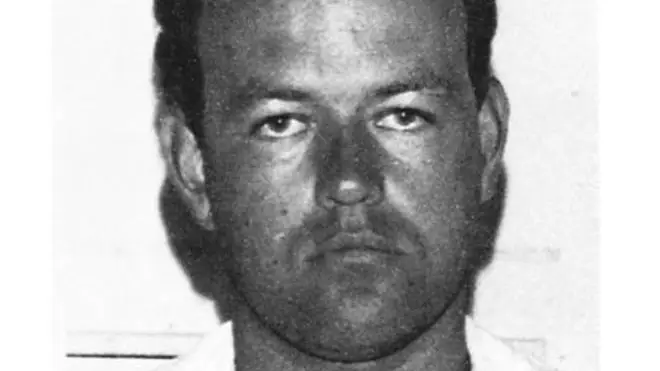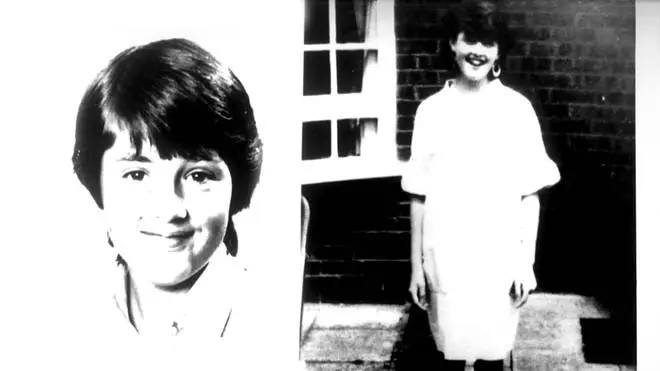
James O'Brien 10am - 1pm
25 June 2021, 17:28 | Updated: 25 June 2021, 18:12

The Justice Secretary will challenge the Parole Board's decision to allow the release of Colin Pitchfork, who raped and murdered two schoolgirls in the 1980s.
Pitchfork was handed a life sentence after strangling two 15-year-olds, Lynda Mann and Dawn Ashworth, in Leicestershire in 1983 and 1986.
Following a hearing in March, the Parole Board found the killer was "suitable for release" despite being denied a release in 2016 and 2018.
The Ministry of Justice (MoJ) said it would officially appeal against the decision on Monday.
In a statement, an MoJ spokesperson said: "Our heartfelt sympathies remain with the families of Lynda Mann and Dawn Ashworth.
"After a careful review, the Lord Chancellor will ask the Parole Board to reconsider its decision."
Read more: Colin Pitchfork can be freed from prison, parole board says
Read more: 'So upsetting': Victim's mother speaks out against Pitchfork release

Pitchfork, who was in his 20s at the time of the attacks, was the first man to be convicted or murder following the use of DNA evidence.
He was jailed for life at Leicester Crown Court in 1988 and sentenced to serve a minimum of 30 years.
The now-61-year-old pleaded guilty to two offences of murder, two of rape, two of indecent assault and one of conspiracy to pervert the course of justice.
His minimum term was cut by two years in 2009.
Watch: Matthew Wright in furious row with caller over Pitchfork release
Watch: 'Life should mean life': Libby Squire's mother gives take on Pitchfork release

Caller takes aim at Parole Board over Colin Pitchfork prison release
A document detailing the Parole Board decision said: "After considering the circumstances of his offending, the progress made while in custody and the evidence presented at the hearing, the panel was satisfied that Mr Pitchfork was suitable for release."
The panel sifted through 1,100 pages of information, including victim statements, and heard evidence from Pitchfork.
According to the document, at the time of his offending Pitchfork thought "about sex a lot", used "violence and excessive force" and "sex to demonstrate power and control over women".
He also struggled to cope with anger, loneliness and had a willingness to "seek revenge".
During his time behind bars he has taken part in several courses to address his behaviour and the panel heard Pitchfork's "behaviour in custody had been positive and had included extensive efforts to help others", including learning skills to help disabled people, the document said.

Minister asked if Colin Pitchfork should be freed
Pitchfork's release is subject to strict licence conditions.
He will have to live at a certain address, take part in probation supervision, wear an electronic tag, take part in polygraph - lie detector - tests and have to disclose what vehicles he uses and who he speaks to, while facing particular limits on contact with children.
Pitchfork will also be subject to a curfew, have restrictions on using technology and limitations on where he can go.
The decision is provisional for 21 days, subject to the approval of the Justice Secretary who has now used his power to appeal against the decision.
It was previously understood the Government will seek legal advice over the decision.
A Parole Board spokesman previously said: "Parole Board decisions are solely focused on what risk a prisoner could represent to the public if released and whether that risk is manageable in the community.
"Parole reviews are undertaken thoroughly and with extreme care. Protecting the public is our number one priority."